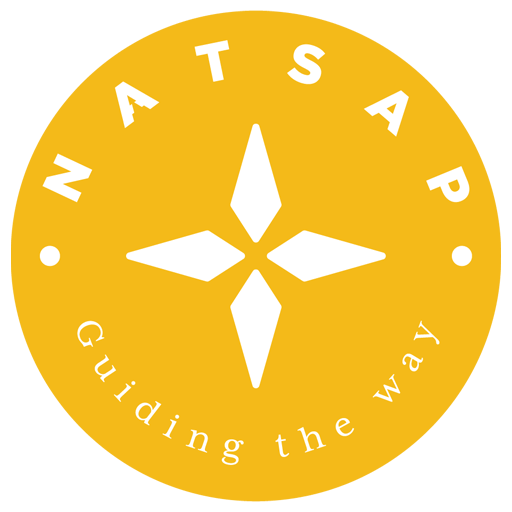
Enhancing FEP Treatment: Integrating Human Connection and Behavioral Health Financing Strategies
The Substance Abuse and Mental Health Services Administration (SAMHSA)-funded MHTTC’s 2024 First Episode Psychosis Conference, in collaboration with the Center for Financing Reform and Innovation (CFRI), offers a comprehensive exploration of critical issues shaping mental health care delivery. Scheduled for June 5th and 6th, 2024, the conference, hosted by the South Southwest Mental Health Technology Transfer Center (MHTTC), aims to enhance FEP services in HHS Region 6 South Southwest area. With the theme "Pausing with Purpose: Guiding FEP Care with Human Connection," the event emphasizes the significance of authentic relationships in effective FEP treatment and recovery.
NATSAP, the National Association of Therapeutic Schools and Programs, actively encourages its members to participate in this vital conference. The sessions will delve into the challenges of building meaningful connections within fast-paced systems, offering strategies to overcome barriers. Furthermore, the conference places a strong emphasis on understanding and addressing issues of oppression and diversity within FEP care, incorporating lived experiences and considering factors such as race, ethnicity, class, urbanicity, and language.
For NATSAP members, understanding the intricacies of behavioral health financing is crucial. SAMHSA’s Coordinated Specialty Care for First Episode Psychosis: Costs and Financing Strategies Report and Webinar, facilitated by CFRI, provides valuable insights into outcomes, costs, funding mechanisms, and innovative strategies used by states. One significant contribution from CFRI is its focus on peer recovery support, outlining best practices in integrating peer recovery into programs, which can lead to improved outcomes for students dealing with substance use disorders.
Furthermore, CFRI's reports on Medicaid coverage, value-based payment models, and upcoming "BestPractices4Data", starting June 6 at 2 p.m. ET, series offer practical strategies for optimizing data collection processes. By participating in these resources and staying informed about the latest trends and innovations in behavioral health financing, NATSAP members can continue providing high-quality care and support to their populations, contributing to improved mental health outcomes for young people.
